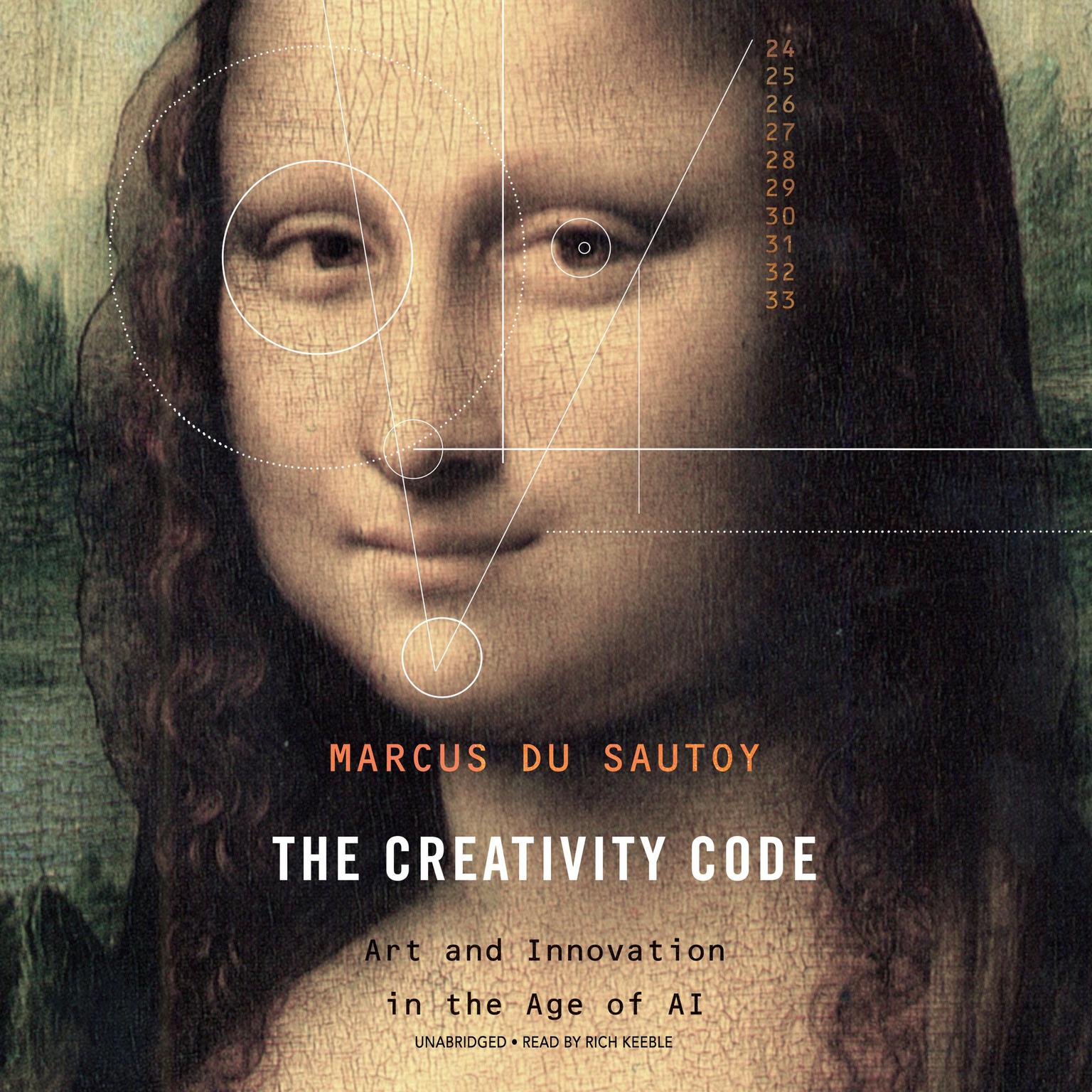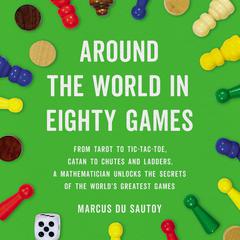 Play Audiobook Sample
Play Audiobook Sample
The Creativity Code: Art and Innovation in the Age of AI Audiobook
 Play Audiobook Sample
Play Audiobook Sample
Quick Stats About this Audiobook
Total Audiobook Chapters:
Longest Chapter Length:
Shortest Chapter Length:
Average Chapter Length:
Audiobooks by this Author:
Publisher Description
The award-winning author of The Music of the Primes explores the future of creativity and how machine learning will disrupt, enrich, and transform our understanding of what it means to be human.
Can a well-programmed machine do anything a human can―only better? Complex algorithms are buying our groceries, picking our partners, and driving our investments. They can navigate more data than a doctor or lawyer and act with greater precision. For many years we’ve taken solace in the notion that they can’t create. But now that algorithms can learn and adapt, does the future of creativity belong to machines too?
It is hard to imagine a better guide to the bewildering world of artificial intelligence than Marcus du Sautoy, a celebrated Oxford mathematician whose work on symmetry in the ninth dimension has taken him to the vertiginous edge of mathematical understanding. In The Creativity Code he considers what machine learning means for the future of creativity. Programs like Deep Dream produce drip paintings that could fool students of Jackson Pollock; Deep Jazz composes music in the style of Duke Ellington. But do these programs just mimic, or do they have what it takes to create? Du Sautoy argues that to answer this question, we need to understand how the algorithms that drive them work―and this brings him back to his own subject of mathematics, with its puzzles, constraints, and enticing possibilities.
Where most recent books on AI focus on the future of work, The Creativity Code moves us to the forefront of creative new technologies and offers a more positive and unexpected vision of our future cohabitation with machines.
Download and start listening now!
“Marcus du Sautoy is, in this remarkable consideration of the limitations and possibilities of AI, the light-bearer, illuminating not only the work of coders and creators but the mathematics of chaos that underpin art.”
— Hans Ulrich Obrist, director of the Serpentine Gallery and author of The Interview Project
Quotes
-
“Fact-packed and funny, questioning what we mean by creative and unsettling the script about what it means to be human, The Creativity Code is a brilliant travel guide to the coming world of AI.”
— Jeanette Winterson, author of The Gap of Time -
“This compelling and thought-provoking book by mathematician and musician Marcus du Sautoy…[reveals] what it actually means to be creative.”
— Jim Al-Khalili, professor of theoretical physics and presenter of The Secret Life of Chaos
The Creativity Code Listener Reviews
Be the first to write a review about this audiobook!
About Marcus du Sautoy
Marcus du Sautoy is the Simonyi professor for the public understanding of science and professor of mathematics at the University of Oxford. He is author of six books and a play. He has presented numerous radio and TV series, including a four-part landmark TV series for the BBC called The Story of Maths. He works extensively with a range of arts organizations bringing science alive for the public from the Royal Opera House to the Glastonbury Festival. He is a fellow of the Royal Society, a recipient of the Berwick Prize, the Zeeman Medal, and the Michael Faraday Prize, and he received an OBE for services to science.






